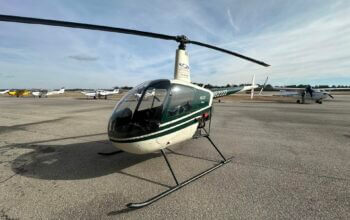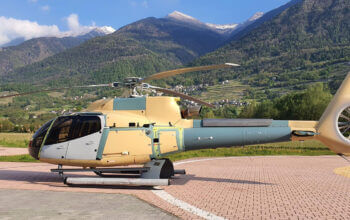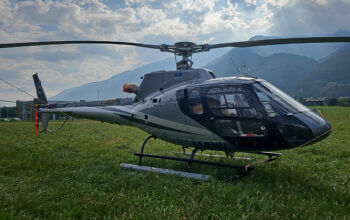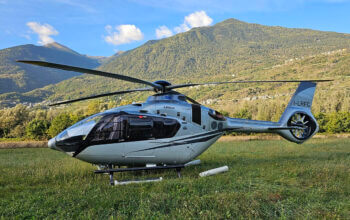Estimated reading time 6 minutes, 48 seconds.
As a small plane carried Teara Fraser over the Okavango Delta, a vast, meandering wetland in the Kalahari Desert in northern Botswana, she felt her heart come to life in a way it never had before.
It was the early 2000s and Fraser was 30 years old, a single mom with two young children and no post-secondary education. She had never flown in a plane so small before, and it fascinated her.
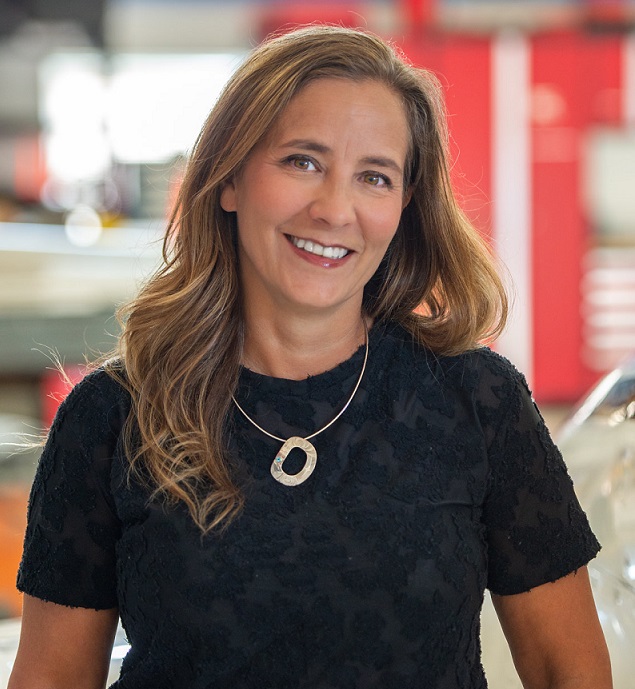
“I wanted to touch everything in the aircraft and know what everything was, and how everything worked,” said Fraser, now 47 and CEO of Iskwew Air, the first airline in Canada founded and owned by an Indigenous woman.
“I think this is why I’m so passionate about supporting others in finding their passions,” she said.
“There’s a sense of knowing that it’s the right thing for you, that it’s the right path for you. There’s something in that that liberates a sense of possibility.”
It was on that flight in Botswana that Fraser, a Métis woman who grew up in British Columbia, first contemplated a career in aviation.
A few days later, after skydiving from another small aircraft over Namibia, her vision was clear. She knew she wanted to be a pilot, no matter what.
“I’d never felt something so strong and so passionate,” she said. “And I knew that I needed to trust that, and just figure out a way to make it happen.”
Fraser returned to B.C., got her pilot’s licence and started flying for commercial operators, eventually launching her own aerial surveying company, Kîsik Aerial Survey Inc., which she sold in 2016.
At the time, she considered retiring from aviation, daunted by the possibility of starting another business from scratch.
But she had always wanted to start a small charter air service, rooted in Indigenous tourism, that would connect visitors to B.C. with remote First Nations communities.
“I started dreaming it, designing it, and now we’re doing it,” said Fraser, who launched that airline–Iskwew Air–with a ceremony at Vancouver International Airport (CYVR) on March 8, 2019.
Iskwew (pronounced IS-KWAY-YO) is the Cree word for “woman,” and Fraser chose it as a way of reclaiming womanhood, matriarchal leadership, and First Nations languages.
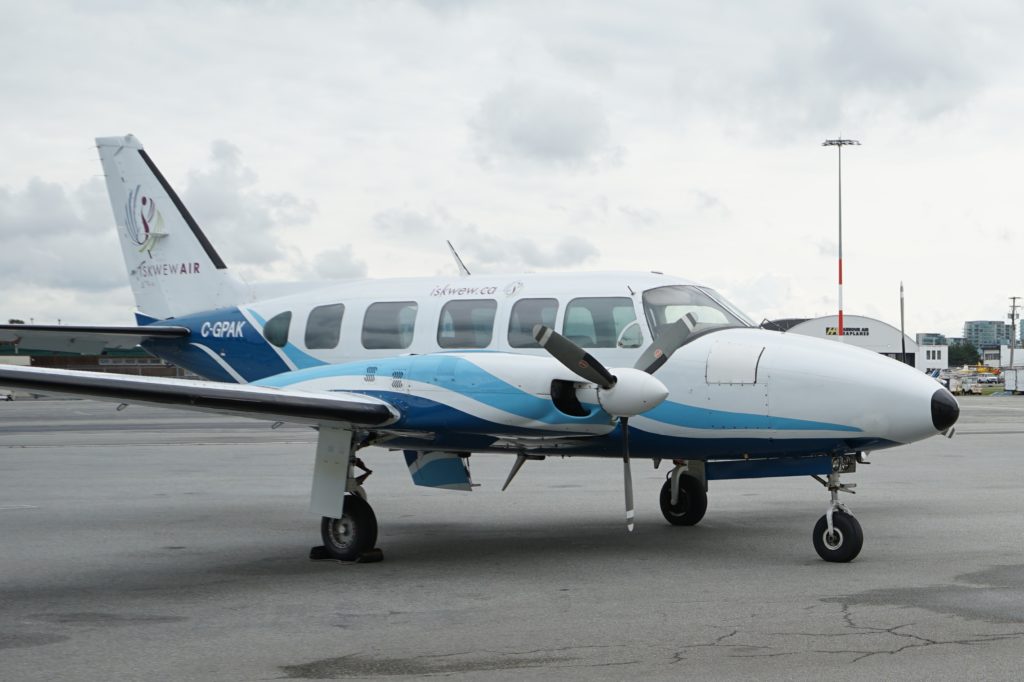
It was a bold decision, and women are well-represented in the airline’s small-but-dedicated group of staff, advisors and company “champions.”
Still, Fraser stressed Iskwew is an airline for everyone, with a mission to connect people with each other and to the land.
“Of course, we will champion women and we’ll champion Indigenous peoples, and we’ll support Indigenous tourism as part of the original vision,” she said.
“But the vision is much bigger now; humble start, big vision.”
Iskwew Air is launching with a single eight-seat Piper Navajo aircraft, with Fraser as accountable executive and operations manager.
The first chartered flights are expected in the next few weeks, providing remote nature tours with a tourism company in Campbell River, B.C.
Iskwew Air will operate out of the South Terminal at YVR, with plans to also offer short-term flights to other parts of B.C., as a partner with other tourism operators.
“I’m interested in partnerships, and aligning the work that we do as much as we can with our vision and our values,” she said.
Although growth is part of the plan, there are no specific targets for the number of aircraft Iskwew will operate, or the number of employees and flights per week it will ultimately have.
“I want to create a safe, thriving air operation,” said Fraser. “I want to create a place where people are honoured and valued and belong.
“And I want to keep that growing in whatever way makes the most sense … I will always lead growth in a way that is slow, steady and smart.”
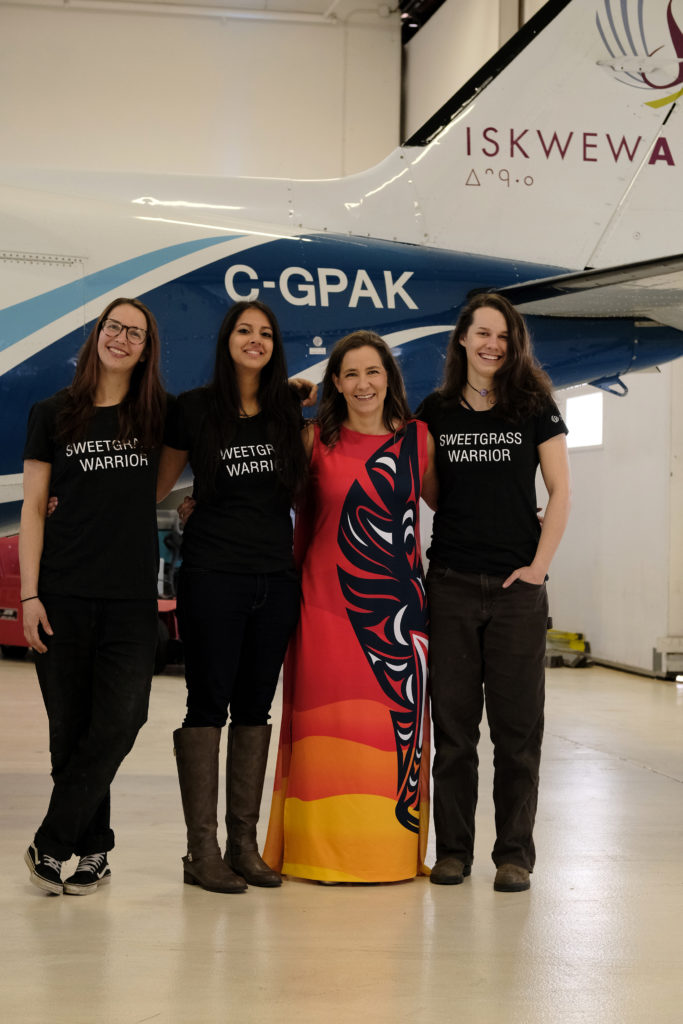
As Iskwew Air ramps up for the busy summer tourism season, Fraser is also laying the foundations of a new organization called Give Them Wings, which aims to inspire Indigenous youth to pursue careers in aviation.
Give Them Wings held its first major event on March 16, 2019, giving visitors the chance to sit in a flight simulator, take a walking tour of aircraft at YVR, learn about aviation careers, and take discovery flights.
Ultimately, Fraser hopes to expose Indigenous young people to the wonder and excitement she felt all those years ago as she flew over the Okavango Delta.
“I’m so thankful and grateful to be a witness to the inspiration that took place there,” she said, referring to the discovery flights on March 16.
“I mean, things unfold as they should. But I know that had I had an experience with aviation earlier, I probably would have known earlier that this is what I wanted to do.”




